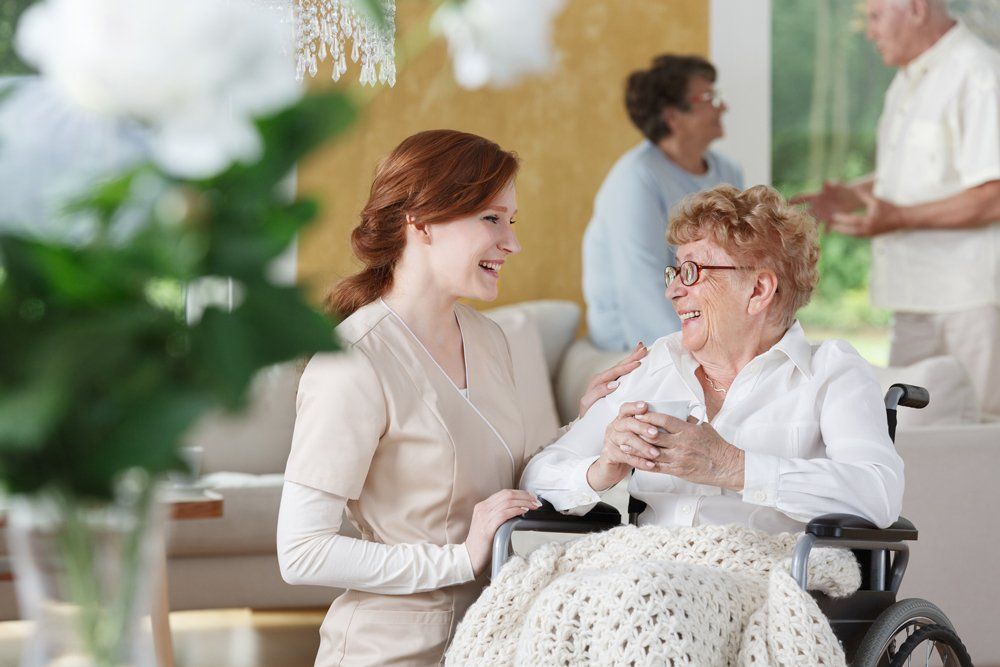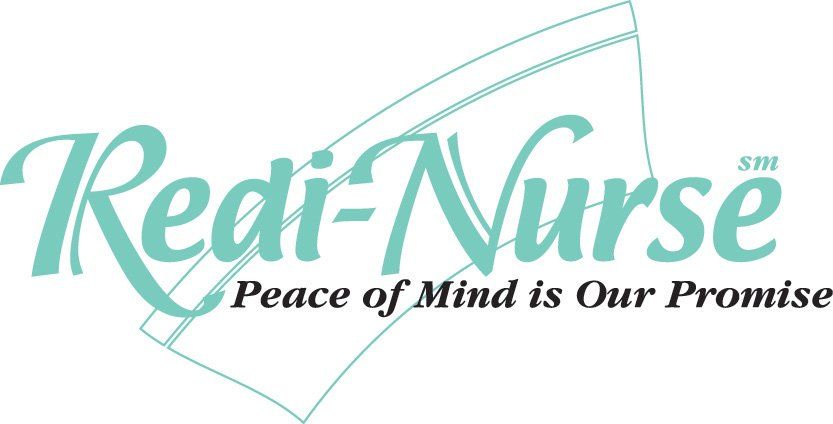The Top Senior Sitter Questions Answered
November 21, 2019

What is a senior sitter? If your aging parent, grandparent, or loved one wants to live independently but needs extra help around their home, take a look at what you need to know about this professional service.
Are Senior Sitters Healthcare Professionals?
While healthcare-related service providers (such as home healthcare and visiting nurse companies/organizations) may employee these professionals, they are not licensed medical caregivers. The senior sitter isn't an R.N. (registered nurse), CNA (certified nursing assistant), or certified home health aide.
Can Senior Sitters Provide Healthcare Services?
As a non-licensed, non-medical employee, the senior sitter is not allowed to provide healthcare services. This means they can't administer medication, provide physical or occupational therapy, change wound dressings, offer medical advice, or engage in any other healthcare or medical type of activity.
What Services Do Senior Sitters Provide?
If the senior sitter can't provide healthcare services for your loved one, why hire this professional? Even though the aging senior in your life may need some healthcare-related services to live independently, they may also have other needs that a visiting nurse, occupational therapist, or physical therapist can't or won't offer.
The senior sitter is a paid companion. Socialization is a key part of the elderly adult's overall physical, mental, and emotional health. Research shows a connection between social ties and the biomarkers of health as well as mental health issues, such as depression, according to the U.S. Department of Health and Human Services National Institute on Aging.
The positive link between the senior's health (physical and mental) and social relationships makes a sitter service valuable for elderly adults who are isolated, don't have a family or friend caregiver 24/7, or just miss the company of others.
Along with socialization, the sitter can engage the senior in games or activities that boost cognitive skills. These could include card games, board games, crafts, or other similar activities.
Even though the sitter can't administer medications or provide medical services, they can alert you (or a medical provider) in the event of an emergency. If you're the primary caregiver, this allows you to take a break and leave your loved one under the watch of a responsible adult.
Will the Sitter Remind the Senior to Take Medications?
Individual states regulate which medical professionals can administer medications. Again, this won't include a senior sitter, as they aren't a licensed medical provider. If your loved one has memory issues or often forgets to take their doctor-prescribed medications, talk to the service provider about options.
Senior sitters can't monitor dosages, changes in medications, or time-related issues. The elderly adult may need to hire a visiting nurse or another licensed healthcare professional to ensure the correct and appropriate use of each medication.
Do Senior Sitters Offer Homemaking Services?
The answer to this question depends on the specific services the company you work with offers. Along with socialization, some senior sitters also provide light homemaking services, such as home cleaning (dusting and spot cleaning), laundry, meal preparation, or shopping. These services may come at an additional charge.
Before you ask a hired senior sitter to provide homemaking services, make sure these are included in their job description and pay. Talk to the sitter or homecare company about their policies and pay rates.
Can Senior Sitter Provide Help with Activities of Daily Life?
Does your loved one need help with dental care, hygiene, toileting, or bathing? While these may seem like simple services any homecare provider offers, these are typically not part of a senior sitter's job. These services fall under the medical or healthcare provider category and may require you/your loved one to hire a visiting nurse or CNA.
Does your loved one need a senior sitter? Contact RediNurse
for more information.
Many families turn to private duty nurses to help shoulder the responsibilities and care for their loved ones. Read this blog to learn more.
A natural disaster can happen to anyone at any time. Preparedness is vital, so to help you create a workable plan, use these tips for success.
Are you the caretaker for an elderly loved one? If so, learn about a few of the benefits you and your loved one can enjoy with a visiting nurse.
Your loved one can benefit from different forms of therapy. In-home nursing services can bring the therapy to your loved ones. Look at three common options.
Read on to discover some reasons why in-home nursing services might be the best choice for people needing medical and personal help.
If you suspect that your loved one has dementia, you should learn more about the condition. Read this blog for a quick overview of dementia.
Proper exercise is key to a healthy lifestyle, particularly as people grow older. Learn about different exercises that are especially great for seniors.
The care of a patient with dementia presents many challenges. Discover some ways to cope with the difficulties of caring for a loved one with dementia.
Do you care for a senior who is frailer? Discover four smart steps you can take to reduce fall risks for the senior who is physically frail in your life.





